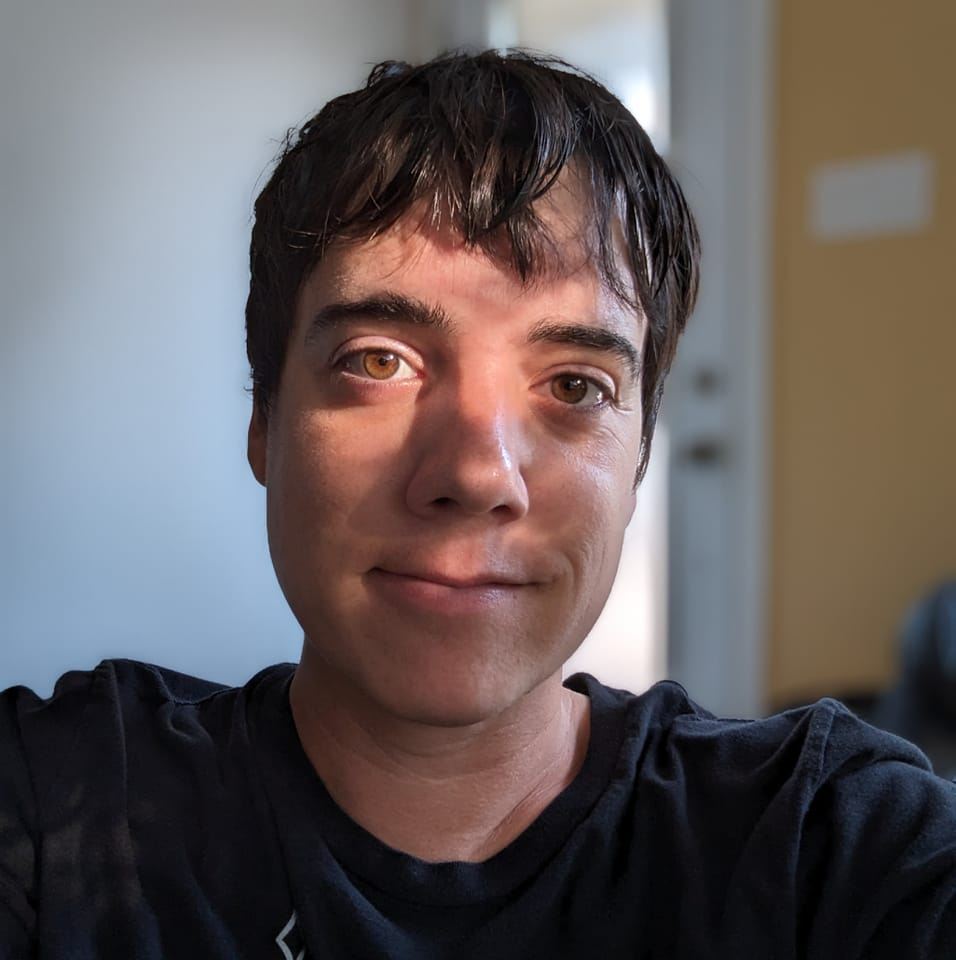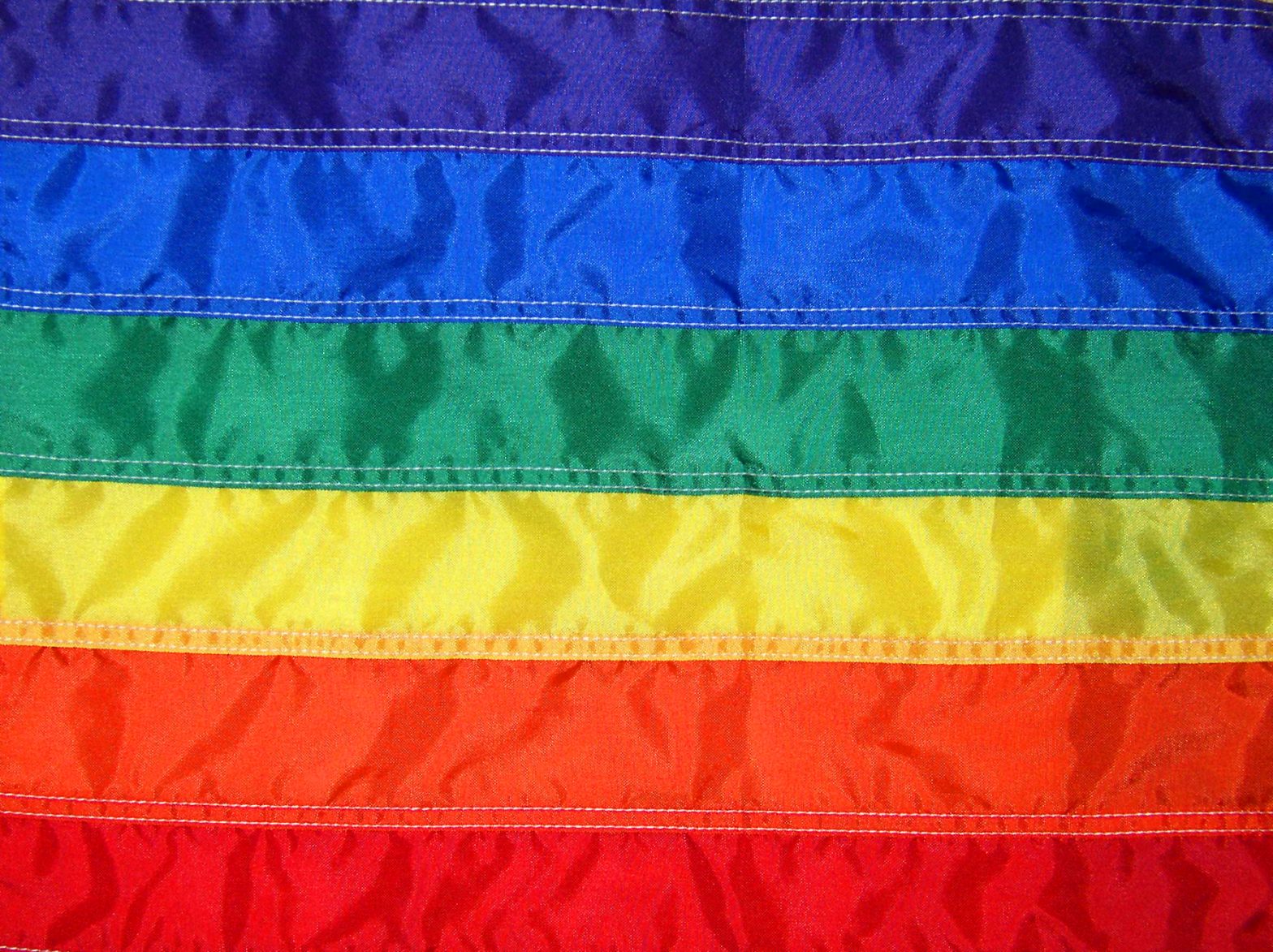On June 10th 2003, the first legal same-sex marriage was performed in Ontario. Two years later, it would be legal across the country.
It was an important milestone as it very visibly undermined one of the many ways that queers were being othered. But if you were to listen to the discussion around queer issues today, and around this ten year mark in particular, you’d swear that everything is now peachy Canada. If you listen to the political parties, if you listen to various gay organizations even, what they’re talking about are marriage and discrimination abroad. The home front is seen as a done deal.
Granted, there is some talk about issues over here – but that talk only finds a supportive note if it’s around the only form of queerdom that’s attained social acceptability: same-sex attraction. So that’s what the media attention revolves around: incidences of rural homophobia, bullying, and suicides of gay youth.
These issues absolutely merit attention, and are not isolated incidents but reflective of entrenched prejudices that are so normalized as to become invisible. My beef isn’t that there is coverage of these issues, it’s that all other narratives – queer narratives – are denied space.
But that’s how marginalization works. For other issues to be perceived as legitimate, the people themselves have to be seen as legitimate – and that’s not the case in Canada.
Take the plight of trans folks. In the last Ontario election, a major political party was able to distribute vitriolic literature that called this segment of the population a threat to children. In federal politics a few months ago, MPs were saying that trans women existed to prey on women.
This is not the exception. This is the norm. The environment we have is toxic. Street harassment is extremely common. Suicide and homelessness rates for trans folk are far higher than gay folk, bashings are too common, but you’ll almost never hear about any of that. Meanwhile even protections on gender expression are thought to be so out there that MPs removed it from an anti-discrimination bill.
Our society only thinks it’s tolerant because it views the perspective of everyone it doesn’t tolerate as illegitimate. We are far from accepting.
And I guess I’m most bothered that events on “LGBT rights” that are more or less just occasions to have people say how things are nice now for the average urban white cis-gendered middle-class working-age able-bodied gay person. There’s no recognition of how dismal things are for other queers – even other gays.
Where do you hear about how retirement homes can be so bad that gay seniors have to go back in the closet? Where is the solidarity with Ontario students in Catholic schools, which distribute bigoted literature calling them intrinsically disordered? Where is the anger that sex education in Ontario is being silenced because it’s daring to acknowledge the existence of non-heterosexuals? It’s the perfect venue to talk about it, but no one does.
And I think it’s because lots of gay folk, in particular those middle-class urban gays who have come to occupy the rights discourse, believe in the same system of oppression that once viewed their existence as a problem. They’re the type that think Pride would be better if there weren’t those icky leather men there, the type that view poly families with contempt, the type that view gender non-conforming individuals with disgust.
Meanwhile, they’ve eviscerated the agents of change that created the space they now inhabit. Pride in the major cities is more or less just a commercial event now, with decisions made to remove any political element as its objectionable. Because affirming your own self in a world that seeks to police you from existence is objectionable.
Ten years. Lots has changed. More hasn’t.

